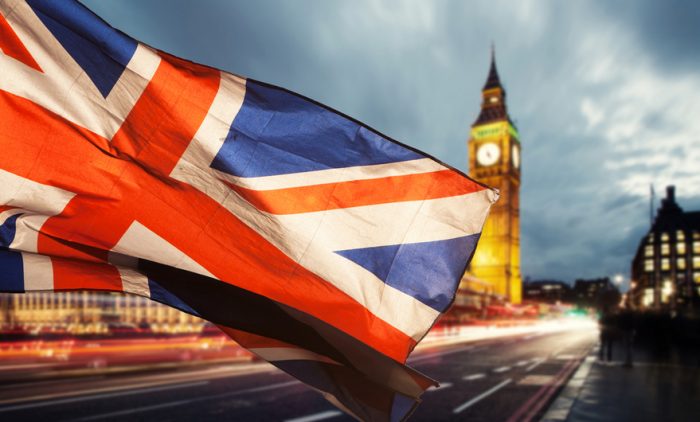On Wednesday, UK inflation registered a 2-year low, dropping from 6.7% to 4.6% in reaction to falling gas and electricity prices, stirring some talk of interest rate cuts by summer 2024 among industry experts.
UK inflation falls to 4.6% after 45-year high in March 2023

Bestinvest’s finance analyst, Alice Haine, noted:
Softening inflation is positive news for households as it means incomes might be less stretched than they have been, but a decline in the headline rate does not mean prices are reducing, just that they are rising less quickly compared to previous months.
The figures were reduced after the price cap issued by energy regulator Ofgem came into effect, limiting domestic energy bills to an average of £1,834. The annual inflation rate for food and non-alcoholic beverages dropped to 10.1% in October 2023, down from 12.2% in September; however, this is not predicted to reach single figures until mid-2024.
Despite the bleak outlook, this is a major improvement following the 45-year peak in March 2023, where the food and non-alcoholic beverages inflation rate hit 19.2%.
_______________________________________________________________________
Don’t miss out the latest news, subscribe to LeapRate’s newsletter
_______________________________________________________________________
On the other hand, Conservative Prime Minister Rishi Sunak promised the British public that his government would cut overall inflation by 5.4% by the end of 2023, which now appears to have been a reasonable pledge. Sunak began the year in the face of a 10.7% inflation rate lingering from October to December 2022.
Sunak stated:
In January, I made halving inflation this year my top priority. I did that because it is, without a doubt, the best way to ease the cost of living and give families financial security.
BoE governor, Andrew Bailey, noted:
[It is] much too early to be thinking about rate cuts. […] We’ll be watching closely to see if further rate increases are needed.